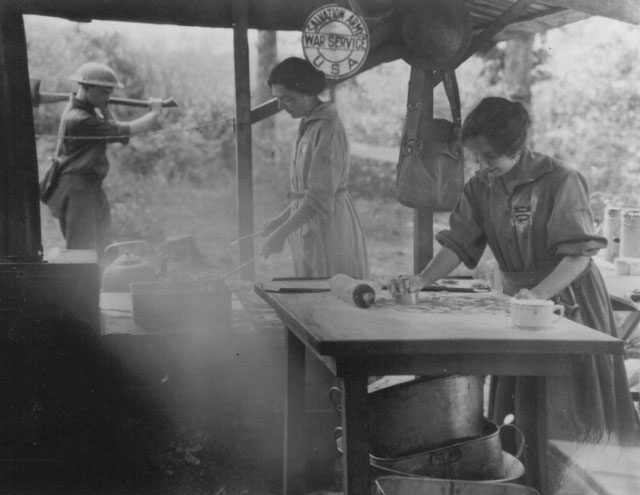BY ROBERT DOCTER –
By this time the picture shows Muhammad Ali with an opponent while McKay intones:
… the thrill of victory …
as a thundering right hook sends his opponent to the canvas. The picture quickly cuts to a ski-jumper, careening wildly down the slope, approaching the take off point, obviously out of control. McKay continues:
… and the agony of defeat.
The jumper, way off-course, scatters pieces of railing in his wake as he flies off the side of the slope into a never completed crash.
I’ve often wondered whatever happened to that ski jumper. I have never even learned his name. I have wondered what were his thoughts and feelings as he stood poised at the top of the hill, ready to begin his slide into ignominy. Was he frightened? Did he anticipate failure? Had he trained sufficiently? Did he have all the information about the slope he needed? Was he physically and emotionally ready?
I have also wondered why he went into the railing and off the side of the slope out into oblivion. Had he “chickened out?” Was he trying to save himself at the last minute–reaching for the railing to slow himself down? Or was he such a strong competitor, and knowing that this jump was botched from the very beginning, trying to keep it as a non-jump in his scoring?
That opening of ABC’s weekly broadcast of the “Wide World of Sports” seems remembered by everyone. Most can’t recall the lead in–or even whose image depicted the “the thrill of victory”–but everyone remembers that ski jumper. I think they empathize with his “agony of defeat.” Also, there didn’t seem to be an ending. We never had a chance to view what happened to him at the very end of the run–after he went over the side.
Yes, we tend to remember unfinished moments filled with strong feeling. They echo in our minds and hearts for decades. We replay the moment when it has happened to us. We all have our symbolic wipeouts on the final curve of our own speed skating race–our own failure experiences–our personal perceived defeats.
They came into the final curve of the short race–four skaters bunched closely together and one trailing significantly. Suddenly, the third member of the foursome attempts to pass the others on the inside of the curve. The pack seems to collide together. Moving at close to fifty miles an hour, all four skaters fall to the ice and skid into the boards at the edge of the rink, their faces contorted in physical and emotional pain. Quickly, they struggle to their feet, seeking some redemption–while the fifth skater, the only one completely out of medal contention, glides across the finish line–the victor.
The lead skater going into the final turn was Apolo Anton Ohno. Wearing the colors of the United States, he seemed certain to “bring home the gold.” But after the race, when interviewed by the press, he revealed his clear sense of character. Apollo Ohno became Apollo Oh-yes–no blaming–no whining–no condemnation of officials who might have directed the race to be skated over. After the fall, he leaped to his feet, finished the race and came in second. No defeat.
The young Canadian figure skaters demonstrated that same sense of character. Even in disappointment after an anticipation of victory, they maintained their equilibrium, they accepted their silver medal–and left it to others to sort out the absence of character which had been demonstrated by those who had judged them.
You see–after we experience what we believe is a “defeat”–it’s what we do next that reveals the true quality of our character.
We need to take adversity by the neck and shake it as we pull ourselves to our feet and move on. We need to reframe this perceived disaster and avoid seeing it as a monumental defeat. Instead, we need to see it as one experience among many along the bumpy road of life. We can learn from any experience–if we want to. And if our perceived “defeat” is the product of the judgment of others, it is right for us to seek a measure of justice through appropriate channels of due process.
And don’t forget–that ski jumper has had a lot more than his fifteen minutes of celebrity status. We’re still talking about him.













